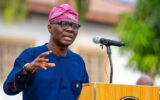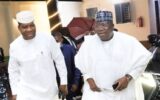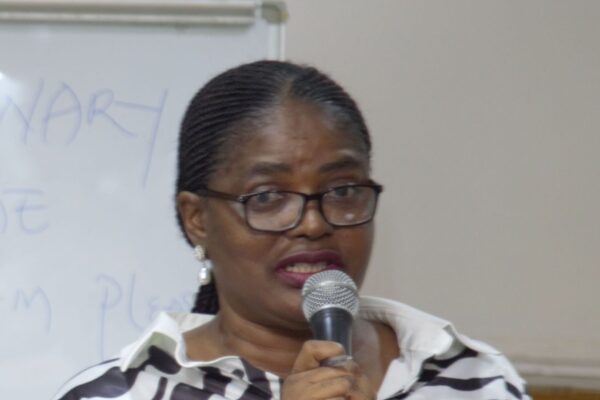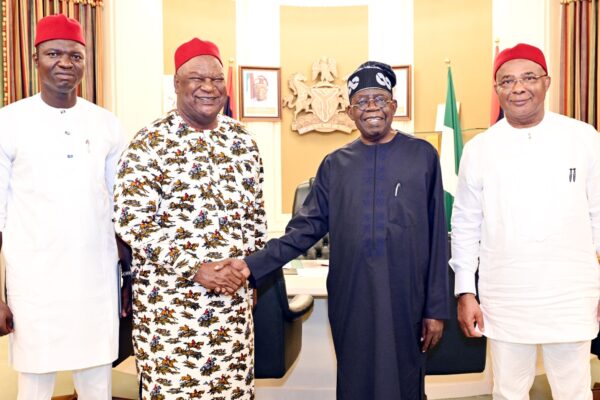The quest for greater national identity, authenticity and transparency is coming at a crucial time of Nigeria’s development. The country has never been challenged in modern days like it is facing right now.
Where once the image and reputation of a country could be carefully curated, controlled and disseminated to the public, the advent of social media means its story now belongs to everyone. Reputation is fluid. Reputation which is the beliefs or opinions that are generally held about someone or something have put and pitched Nigeria the most populous Black Nation in the mind of both Nigerians and none as one that is at its lowest.
“The country’s reputation was tarnished by allegations of bad governance, leadership, corruption and bribery and of recent bandits and kidnapping as well as a nation where political leaders rules”
Citizens are capricious. And for better or worse, people are informationally equipped to cast judgement on what a good government is, what it stands for and then vote with their hearts and minds accordingly.
Welcome to the ‘Age of Cynicism’.
It appears that increased political polarisation, societal pressure and the rampant proliferation of misinformation on social media has resulted in a “chaotic cultural landscape” of information and communication, that has “significantly impacted behaviour of citizens.
Given the sheer scale of the current situation of delusion, fear and insecurity, it behoves government at the federal and states level to pay attention to its three simple quotients that reveal how any given nation can be more authentic and relevant to people’s daily lives.
1. ‘National meaningfulness’ is first measured by the purely functional benefit Nigeria offers citizens – specifically, how well we have done as a country, the quality of citizenship, and if prosperity remains possible and sustainable?
2. The second metric is more personal – how does my conduct improve my life, reflect on my others, or make me feel? And last, of increasing importance of our attitude to millennials and younger generation. Have we been a force for good, what is our environmental or social impact, and does it align with my own values?
3. Alas, authenticity isn’t something you can feign. So, who are some of the citizens that people regard as authentic and what can be learned from them?
NB: This piece has been repurposed from a published online article.
Contributor – Ant Rada
—————————————————————————————————————————————
Your help to our media platform will support the delivery of the independent journalism and broadcast the world needs. Support us by making any contribution. Your donation and support allows us to be completely focus, deeply investigative and independent. It also affords us the opportunity to produce more programmes online which is a platform universally utilised.
Thank you.
Please click link to make – DONATION










